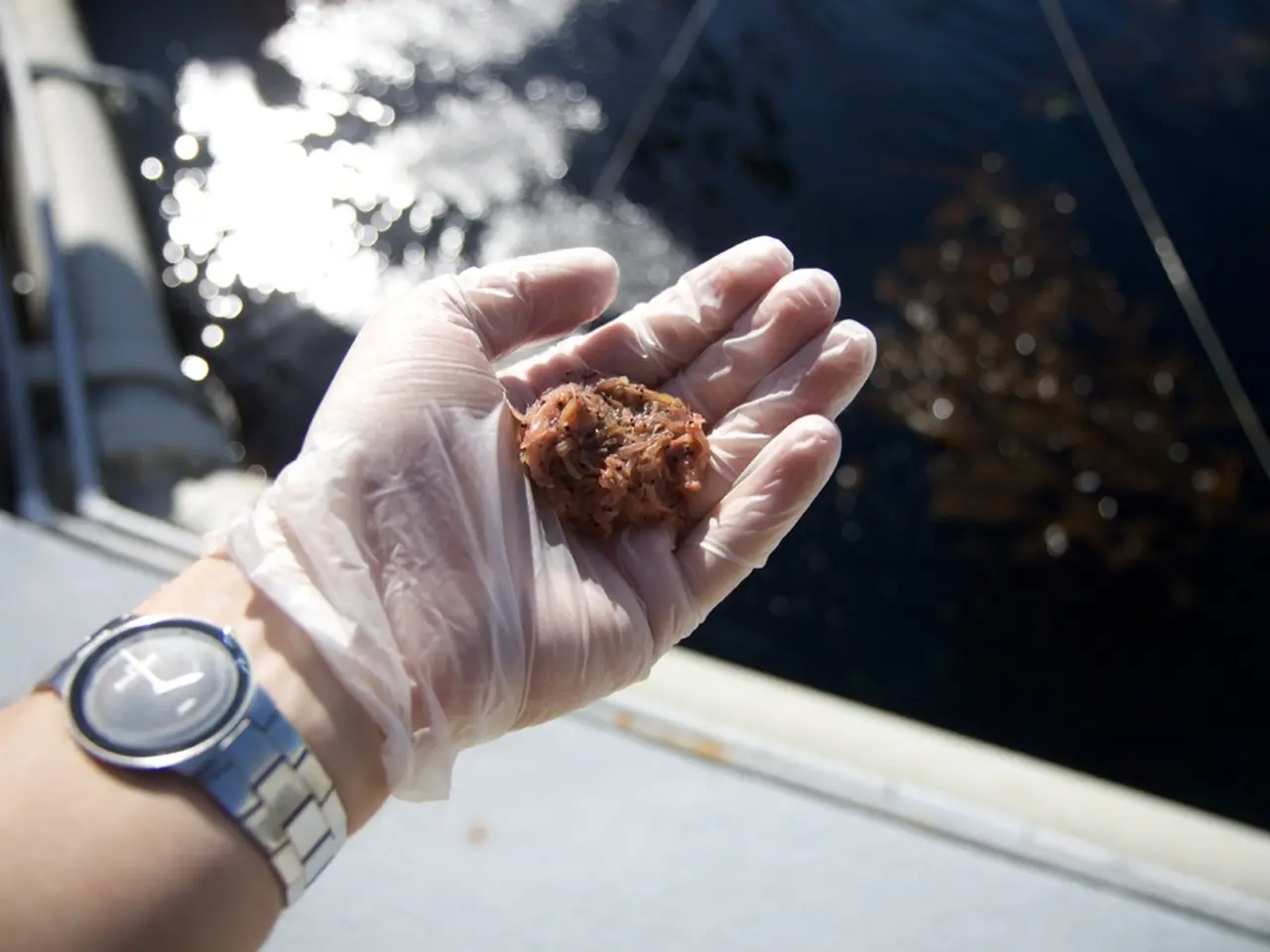Father of Maja T. embarks on a "fasting march" to Budapest
In a significant development, Maja T., a non-binary antifascist activist, continues to be held in solitary confinement in Budapest, Hungary, following an extradition from Germany that was later deemed illegal by the Federal Constitutional Court. Maja faces serious charges connected to a counter-protest against a far-right event in Budapest, with potential sentences reaching up to 24 years in prison.
Conditions of Confinement and Hunger Strike:
Maja has been held in strict isolation during their detention in Hungary. On June 5, 2025, they began a hunger strike protesting their treatment and the conditions of their confinement. After 40 days, they were forced to suspend the hunger strike due to severe health deterioration, having lost 14 kilograms, with liver and kidney damage and dangerously low blood counts. Despite their weakened physical state, Maja maintains a strong spirit and continues to demand justice. Their demands include being returned to house arrest in Germany and the right to prepare for trial under fair conditions instead of being "buried alive in a cell."
Legal and Political Context:
The extradition was conducted as a covert "night and fog" operation, which Germany's court ruled unlawful. Human rights groups and supporters consider the charges to be politically motivated and are conducting solidarity campaigns for Maja's release and humane treatment. Maja's lawyer has noted that the decision to end the hunger strike was a final opportunity to advocate for humane prison conditions and due process.
Support and Solidarity Efforts:
Solidarity campaigns encourage letter-writing and public pressure on authorities to reverse the extradition and improve Maja's conditions. Maja's father, Wolfram Jarosch, has actively campaigned, including delivering petitions with thousands of signatures demanding justice for Maja.
In a notable show of support, Jarosch embarked on a "hunger march" from Justizvollzugsanstalt Dresden on Tuesday, running an 800-kilometer route to the Hungarian capital. He will consume only vegetable juice, broth, milk, and honey daily, demanding an end to Maja's solitary confinement and her return to Germany.
As the case attracts attention as emblematic of political repression of antifascist activists and flawed EU extradition practices, efforts continue to seek Maja's return to Germany and fair trial conditions.
[1] Basic Rights Report, June 2025 [2] Der Spiegel, July 14, 2025 [3] Die Tageszeitung, July 15, 2025 [4] Stern, July 16, 2025 [5] Zeit Online, July 17, 2025
This article was published on July 17, 2025, at 12:00 PM and can be found on our website SACHSEN - Das Sachsenradio | News.
- The ongoing case of Maja T., a non-binary antifascist activist, has sparked general-news discussions and political debates, with many concerned parties criticizing the covert extradition from Germany and the current conditions of confinement, which include solitary confinement in Budapest, Hungary.
- In the political and crime-and-justice arenas, various human rights groups, supporters, and media outlets view Maja's charges as potentially politically motivated, fueling solidarity campaigns for Maja's release, fair trial conditions, and an end to their solitary confinement.








